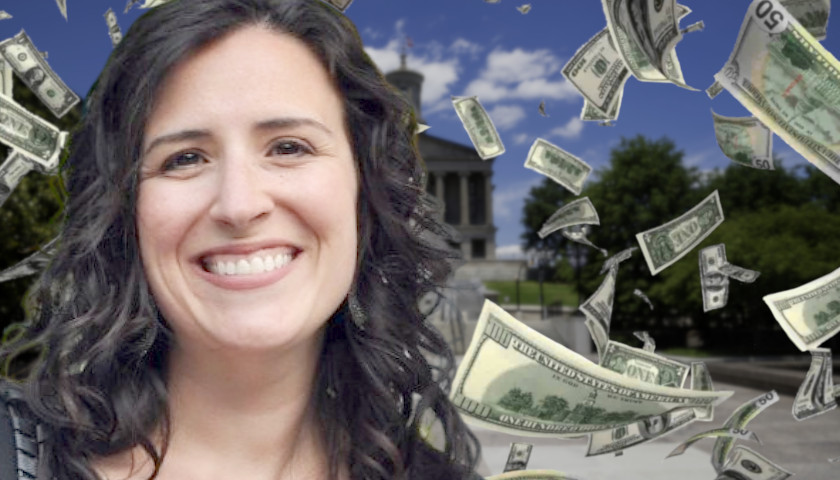by Jon Styf
TennCare currently has $1.1 billion in its reserves and expects it to cost $500 million of those reserves over the next year as it redetermines Medicaid eligibility for those additional 500,000 members who joined the plan over the past three years.
During the COVID-19 pandemic, states were not allowed to remove those who are no longer eligible for the program as previous. Starting on April 1, states must start that redetermination process and will have a year to complete it.
TennCare Director of Member Services Kim Hagan estimates 50% of members will be pre-approved for renewal through SNAP and TANF data.
TennCare went into the state of emergency with 1.3 million members and expects to reach a peak of 1.8 million members before April 1 with TennCare expecting enrollment to end up near the 1.3 million members it was before the pandemic.
“We just don’t know,” said TennCare Director Stephen Smith. “And we won’t know until we go through the process and see where we end up.”
During the pandemic, the federal government paid additional funds to assist states with the increased enrollment. During 2023, that funding will be phased out from 6.2% in the first quarter to 1.5% in the fourth quarter before the redetermination is complete.
The Foundation for Government Accountability estimates that 100 million residents in the United States will be on Medicaid at some point during March before redetermination begins.
Those no longer eligible for TennCare will be referred to the federal healthcare marketplace.
TennCare plans to use data from the Supplemental Nutrition Assistance Program and Tennessee Assistance for Needy Families to automatically renew many members.
If that data cannot determine eligibility, TennCare will mail members a full registration packet and allow 40 days for members to return the packet. If they don’t, members will receive a 20-day cancellation notice. After that, members will have 90 days to attempt to re-enroll before being removed fully from the system.
– – –
Jon Styf is an award-winning editor and reporter at The Center Square who has worked in Illinois, Texas, Wisconsin, Florida and Michigan in local newsrooms over the past 20 years, working for Shaw Media, Hearst and several other companies.
Photo “Kim Hagan” by Kim Hagan.






Healthcare is not free.
Good golly, I thought Tennessee was a free market capitalistic state, but these numbers remind me that we really live in a socialist state and country. I am so tired of paying other people’s bills. Will it ever end?